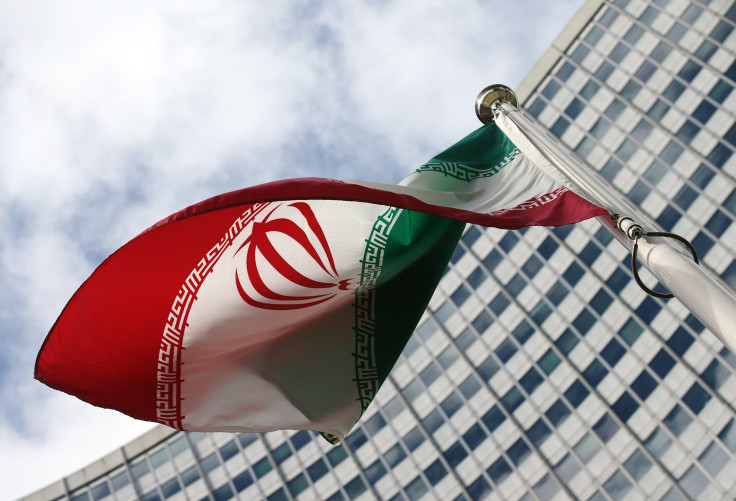Jason Rezaian Update: Washington Post Reporter Held In Iran Accused Of Spying, Faces Security Charges

Jason Rezaian, a Washington Post reporter detained in Iran since July, is accused of “espionage” and “acting against national security,” local media reported Sunday, without providing any specific trial date for the case.
Rezaian, who is the Post’s Tehran bureau chief and holds dual citizenship of the U.S. and Iran, is accused of obtaining sensitive economic and industrial information on Iran and selling them to anonymous Americans, the Post reported, citing Iran’s Fars news agency, a semiofficial media outlet.
“Selling Iran's economic and industrial information at a time of sanctions is exactly like selling food to the enemy at a time of war,” Fars reported. Iran is currently facing international sanctions over allegations that the country intends to use nuclear fuel not only for producing energy and for medical purposes, but also to build nuclear weapons.
No. of days @JRezaian has been detained in Iran: 262 Sign the petition to ask for his release http://t.co/r2yamOHn0H pic.twitter.com/OWopKUHgA7
— Anup Kaphle (@AnupKaphle) April 9, 2015Iranian officials have previously said that Rezaian was facing espionage charges, and would stand trial before the Revolutionary Court, which primarily hears sensitive cases related to Iran’s national security.
According to Leila Ahsan, Rezaian's lawyer, he is currently in good health. "Jason asked me to provide a strong defense. I'm in constant touch with his wife and family. I've requested that the court hold the trial as soon as possible," she told the Associated Press (AP). Rezaian, his wife Yeganeh Salehi, and two photojournalists were detained on July 22 in Tehran. All were later released, except Rezaian.
“Any charges of that sort would be absurd, the product of fertile and twisted imaginations,” the AP quoted Martin Baron, the Post’s executive editor, as saying. “We are left to repeat our call on the Iranian government to release Jason, and in the meantime, we are counting on his lawyer to mount a vigorous defense.”
The Fars report also linked Rezaian to Omid Memarian, an independent U.S.-based Iranian journalist, who has written extensively and critically about Tehran’s role in Rezaian’s case.
“Now that the Iranian intelligence has been incapable of presenting any proof that Jason did something wrong, they spread lies about him and his colleagues-friends to influence the upcoming court,” Memarian told AP in an email.
© Copyright IBTimes 2024. All rights reserved.






















